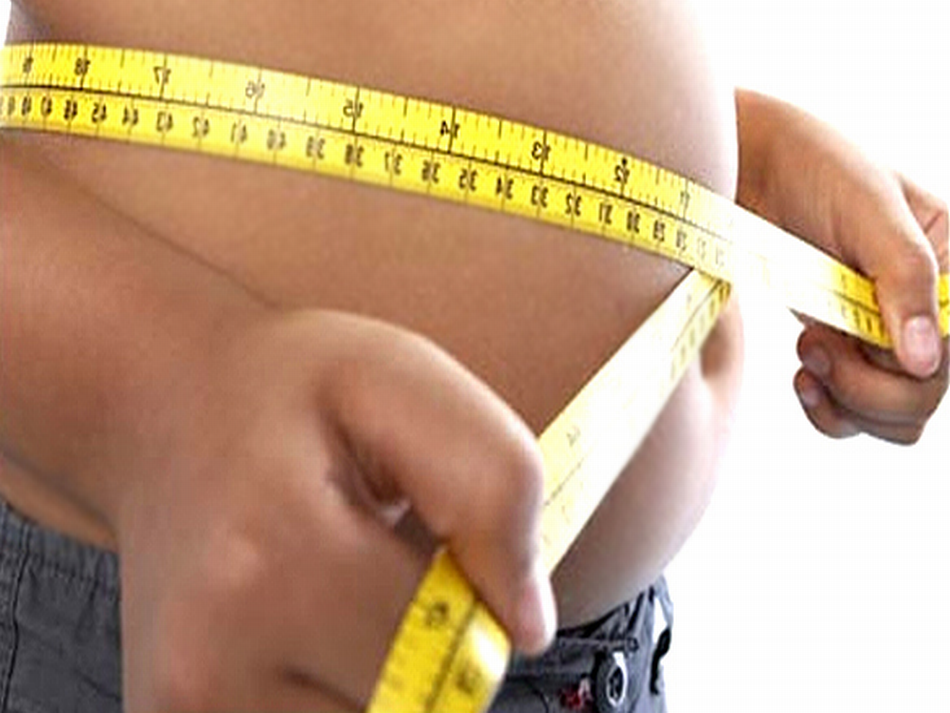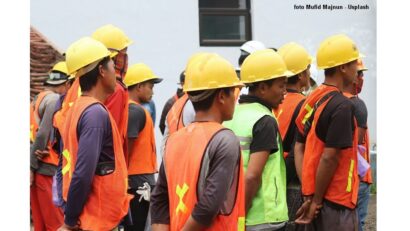Health and Food Education
The Nutrition ABC Association is running an important awareness-raising program

România Internațional, 01.05.2019, 12:08
Childhood
obesity has become a topic of concern across the world. In recent years, the
number of overweight and obese people, especially children and teenagers, has
been on the rise in Romania as well. Unhealthy
diets rich in sugar and fats and the lack of physical exercise lead to
uncontrolled weight gain. Few children are now playing on the street or play
basketball, football, tennis or other sports appropriate to their age. In 2017,
a children’s hospital in Iasi reported 1,743 children diagnosed with obesity
alongside other medical conditions, of whom 392 were diagnosed with obesity as
a primary medical condition. Doctors warn that the occurrence of childhood
obesity has tripled in the last 30 or so years, and this is owed more often
than not to parents who indulge their children’s every appetite and give them
sweet treats. Furthermore, in many families today fast food is seen as a reward
or an indulgence for children. World Health Organization studies show that, by
2030, 90% of the world’s population will be overweight. Specialists warn that
food education should start at home and continue in school. Here is Rucsandra
Topoloiu, a program coordinator with the Nutrition ABC Association with more:
In 2017 studies reveal that 12.4% of the
country’s population was affected by diabetes, with a 13.3% occurrence rate in
children. These figures were made public by the National Institute for Public
Health. The main causes include the lack of food education and physical
exercise, and complications associated with diabetes can be very serious. If we
refer to childhood obesity, the figures are worrisome. Statistics indicate that
Romania ranks 2nd at EU level in terms of childhood obesity, namely
1 in 4 children aged 8 is overweight, while 1 in 10 children is obese. Both
overweightedness and obesity are major factors associated with type 2 diabetes,
and quality nutrition is key to reducing childhood disease and preventing
chronic illness at an adult age. The main people responsible for children’s
eating habits are parents, unfortunately. Both parents and children lack a
balanced diet, eat processed foodstuffs, soft drinks rich in sugar, few fruit
and vegetables. All of this leads to a whole series of problems and diseases.
Many schools in
Romania are already running education programs and classes for a healthy
lifestyle. Since 2004 the Health Education optional class was introduced for
classes 1 to 12. The Nutrition ABC Association also kicked off the program
dubbed The Nutrition Class, teaching children about healthy eating habits and
the importance of open-air sports activities. Rucsandra Topoloiu:
In the autumn of 2016 we started the program in a few schools in Bucharest
and then we extended it to reach 2,200 school children in Bucharest and
Constanta, involving 11 elementary schools and two high schools. We created
modules to teach children concepts about healthy lifestyle at an early age. Our
team of trainers includes nutrition experts, doctors, pharmacy or medical
students who joined our action. On a volunteer basis, they give talks on
healthy diets in schools during class forums for seven weeks in a row. We focus
on the nutrition pyramid, the types of food that should represent the basis of
our diet, what we need to eat the most and what we should eat the least, the
risks of eating too much sugar or processed foodstuffs. We also talk about the
importance of water and hydration, the role of water, principles of a healthy
lifestyle, sports and food waste.
The educational
model fostered by the Nutrition ABC Association was designed jointly with
physicians, nutrition experts, psychology and education experts. Classes are
interactive and informal, meant to cover various types of learning, and the
children responded well to this kind of information, says Rucsandra Topoloiu:
The
project addresses elementary schools and high schools, and we’ve been working
with very young children, depending on the school and the availability of our
trainers. Every time we are improving and adapting our information and provide
practical advice, interactive information, games and recommendations, so that
children may be able to put them into practice. We teach them what types of
food go together, and talk them into giving up chips and sweets they buy at the
school food stall, and try to pack their a snack or lunch at home. During our
program we work both with children and adults, including the teaching staff,
because we consider they serve as role models for the children. Additionally,
we organize PTA meetings where we talk to parents about healthy eating habits.
The Education
Ministry in cooperation with the Health Ministry announced the introduction of
a new subject matter in Romanian schools, starting 2020, namely the optional
class Health and Food Education. The provision is part of a series of
modifications brought to the law on education, while the details of the new
subject have not yet been made public.






























